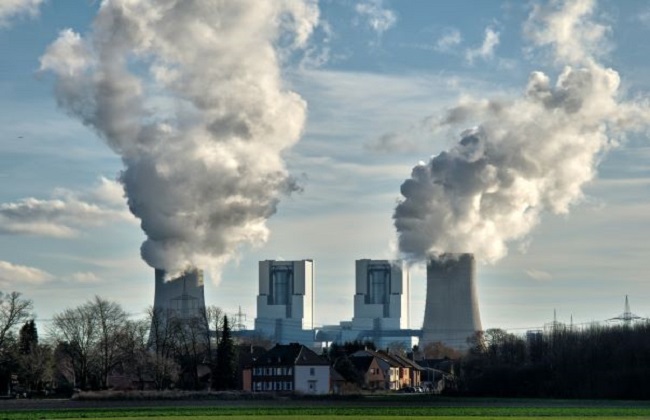
A major coal-fired power plant project of Bangladesh has effectively been scrapped as the Japanese government, its main financer, has decided to no longer bankroll such projects, official sources said.
The project affected by Japan’s decision is the Matarbari-2 coal expansion project. The government had been conducting surveys for the project with Japan’s backing.
On June 22, the Japanese Foreign Ministry announced at a press conference that Tokyo has decided to withdraw financing for two projects, one in Bangladesh and the other in Indonesia, as part of Tokyo’s decision not to finance coal projects.
Energy Minister, Nasrul Hamid, said, “We have already cancelled the plan of Matarbari phase-2 … We plan to build an LNG-based power plant. The plant will be interconnected with the LNG terminal.”
In 2021, the government also canceled plans to build 10 coal power plants, which were expected to pull in about $10 billion in investments.
In Indonesia, the $4billion Indramayu project is also likely to be scrapped. Wanhar, director of electricity program supervision at the country’s energy ministry, said the Indramayu project is already on hold and could be halted completely, in line with Indonesia’s goal of achieving net-zero greenhouse gas emissions by 2060.
Coal, of which Indonesia has abundant reserves, now accounts for nearly 60 percent of the nation’s electricity generation, a figure that has risen steadily since 2010.
The announcement by Japan marks a reversal of policy by Asia’s second-largest economy, which accounted for more than half of the $6.6 billion in coal support pledged by the world’s seven largest advanced economies, or G7 countries, in 2019.
Japan is also the G7’s second-largest provider of public finance for fossil fuels, pouring $11 billion into overseas fossil fuel projects each year.
Last year, Japan, along with other G7 countries, agreed to stop international financing of coal projects that haven’t taken measures to reduce greenhouse gas emissions. This was part of efforts to meet globally agreed climate change targets, which call for limiting the rise in global temperatures to 1.5° Celsius (2.7° Fahrenheit) above pre-industrial levels.
But when the G7 countries made that pledge, Japan insisted on continuing to fund coal projects in Indonesia and Bangladesh on the grounds that these projects were ‘ongoing cases’ and thus should be exempted from the pledge.
Coal plant projects in Indonesia are usually funded by China, Japan and South Korea. China has already said they would no longer finance coal-fired power plants. South Korea also announced the same decision.


